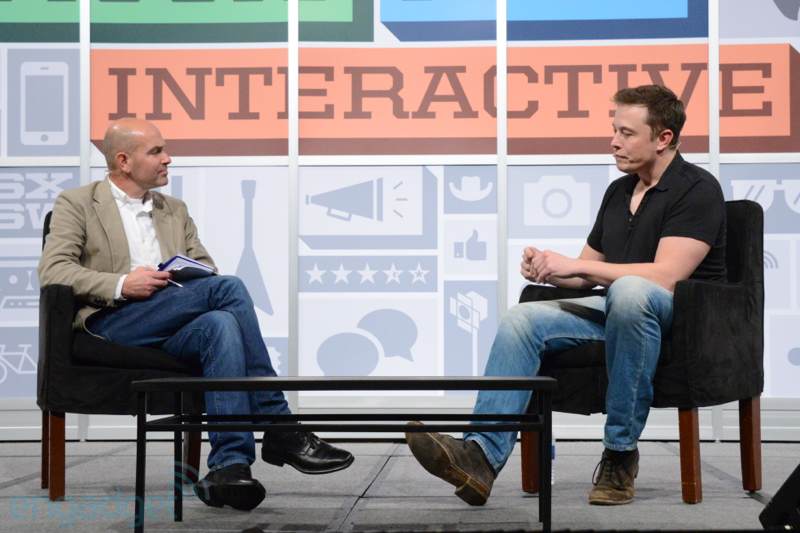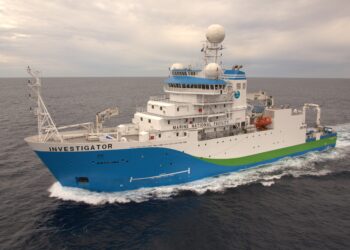Although SXSW Interactive 2013 was awash with sessions on just about any topic you could imagine, there were several prominent themes including hardware in general, wearable computers in particular, the disappearing UI, the Internet of things, and improvement driven by data.
Warning: What follows is a brief description of some very intricate and intriguing concepts. Any one of them could be a series of posts, so excuse the brevity.

Hardware was huge this year at SXSW, starting with the opening keynote given by Makerbot cofounder Bre Pettis, continuing through all of the Google Glass demonstrations, getting very personal with products like Basis, Jawbone Up, fitbit, and NikeFuel, and heading to infinity and beyond with the keynote interview of Elon Musk, CEO of SpaceX.
Bre Pettis showed us the Makerbot 3-D printer at work. Pettis presented several examples of how Makerbot was already being used to create everything from spare parts to body parts. One example, a prosthetic hand for a young boy in South Africa, was especially moving.
As if it wasn’t remarkable enough on its own, he also unveiled the Digitizer. The Makerbot relies on computer-aided design, CAD, to “print” physical objects. A user may use their own designs, license someone else’s, or use anything available on Thingiverse, a repository of designs. Now with the Digitizer, which is basically a 3-D scanner, it’s even easier to create a design. He placed an object (a gnome) on the Digitizer’s platform, and with “a web cam and a couple of lasers,” it created the CAD drawing that the Makerbot would use to copy the object.
There were several sessions ranging from health start-ups to user experience (UX) design that featured wearable computers (e.g., Jawbone Up, fitbit, etc.) and how these monitors can be used to increase our awareness and drive habit changes. It reminds me of that old business adage — you can’t manage what you don’t measure. Only now, these devices make the measurement and tracking very easy and intuitive.
I’ll skip Google Glass, since that’s already been covered on the Kitchen. I will say it was wild — and at least a little creepy — to see people walking around wearing them.
By far the most inspiring and amazing session in the “hardware” category (or any category) was the interview with Elon Musk. Musk is the CEO and Chief Designer at SpaceX, the CEO and Chief Product Architect at Tesla Motors, and the Chairman of SolarCity.
Sometimes you need to magnify something to see it clearly, and Elon Musk is the magnification of curiosity, exploration, and optimism. He described everything from the thruster problem that delayed the space station docking of the SpaceX Dragon capsule, to why there were issues with lithium ion batteries in the Boeing 787, to issues he had with a New York Times review of Tesla, to his passion to get humanity to Mars, to how he plans to build reusable rockets — all in terms that were inspiring and understandable. Hearing him speak made me remember that exploration, extending beyond where we are and pushing forward, is a magnificent part of the human spirit.
Another of my favorite sessions was “The Best Interface Is No Interface” with Golden Krishna, a senior designer at Samsung Innovation Labs. According to Krishna, we’ve gone too far, slapping an interface on everything:
Somewhere along the line we got confused, believing that UX (user experience) was the same as UI (user interface), and we became obsessed with screens.
His illustrative example was a smartphone app from BMW that required 12 steps to unlock your car door, while using your key required only two. He contrasted this with a Mercedes-Benz feature that sends a low frequency signal when you pull the door handle. It detects the key is in your pocket and opens the door automatically.
Krishna covered three design principles:
- embrace natural process
- leverage computers instead of catering to them
- create a system that adapts for individuals
His main point was that technology has become more important than the user need it’s intended to serve. We need to reverse that.
Jason Priem, co-founder of ImpactStory, was on a panel “New Knowledge Ecosystems: How & What Do We Know” discussing access, authority, and accuracy with Marguerite Avery from MIT Press, Lisa Harris from the Watershed Post, and David Weinberger from Harvard Library Innovation Lab. While the discussion was engaging at points, it became apparent very quickly that the issues with which a small news organization (Watershed Post) deals are very dissimilar to the issues faced by scientists, scholars, and academic publishers.
All of the panelists believed that enabling access was the most important component of new knowledge ecosystems. There was also interesting discussion on authority. To quote Priem, “authority can spring from the collective judgement of the community.” Weinberger felt there was an important distinction between authority and credibility, with credibility being more current and more important.
The snippets above are just a taste. It’s impossible to communicate the full experience of attending this event — of being disconnected from daily routine and free to explore and imagine where we’re headed in an environment that strongly encourages just that. This was my third time there, and all I know is that I’ll be back for SXSW 2014.
Discussion
3 Thoughts on "SXSW Interactive — Where the Geeks (and Geek Watchers) Go"
I can’t help thinking that the combination of Digitizer with Makerbot is going to provide opportunities for many more pirates to engage in producing counterfeit goods. Was anything mentioned about this potential problem?
Bre Pettis didn’t talk about this, but side conversations were certainly in abundance. One irony is that it puts the makers of physical goods potentially in the same boat as the makers of digital products. One person I spoke with said that perhaps the proliferation of devices like this might cause the IP law to catch up with technology. His point was that the information industry is small in comparison to that of physical goods. Of course, simply having the right regulations doesn’t mean that piracy won’t occur.
I suppose we’ll have to wait and see. It’s the classic case of wanting to make progress but progress being fraught with issues that we will just have to deal with as they arise.



